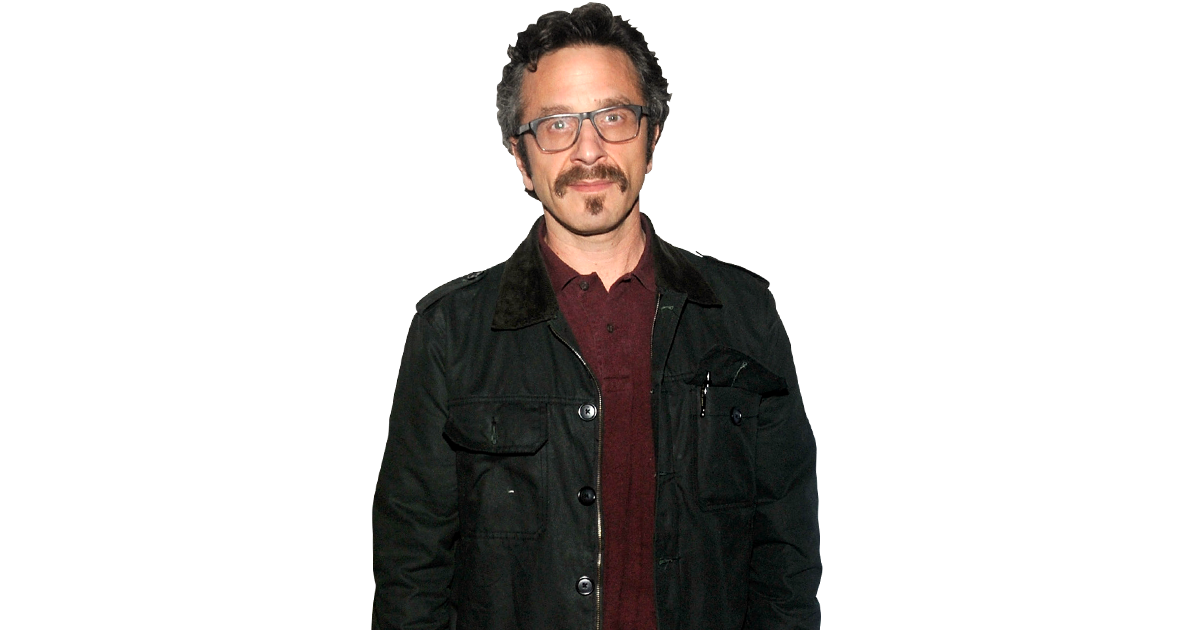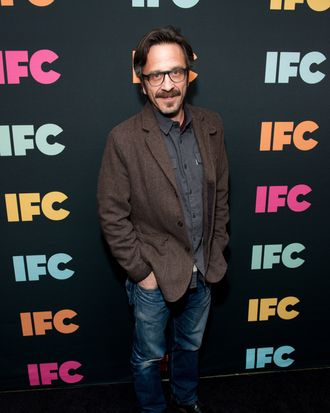

There's not even a guitar between them and the audience. I don't think people do it for relief there's an alcoholic or drug-addicted disposition.īut comics are there on the stage alone. I don't know if it's related to the business I'm in, but I think that creative people are overly sensitive and it's a lot to shoulder sometimes. So I think that struggle is organic to an individual. But I'm not sure in terms of proportions or percentages that there are not just as many drug addicts and alcoholics in other professions. I think because celebrities are celebrities, the ones that go off the rails draw a lot of attention because people want to connect that trouble to that disposition. It was pointed out to me that there are plenty of plumbers with drug problems. What is it about comedy that attracts so many troubled people? Some of the most legendary comedians - Pryor, Lenny Bruce, Freddie Prinze - had a pretty rough time.

You felt like when he was doing comedy he was all in it and there was a lot of emotional risk there. Why?īecause he put his heart on the line. You've called Pryor the greatest comedian of them all.
MARC MARON LOUIS CK PODCAST MOVIE
And also seeing Richard Pryor's "Live In Concert" movie when I was in high school was a pretty life-changing experience. The first comedy show I went to, I believe, was George Carlin when I was in fourth or fifth grade. I thought that was the best thing in the world. The first season of "Saturday Night Live" was mind blowing to me. I remember seeing Don Rickles, Buddy Hackett, Jay Leno even, early on. I remember being profoundly affected by stand-ups on television, primarily watching people on "The Merv Griffin Show" or "The Mike Douglas Show" after school. They were both fundamentally selfish people but I think they meant well.ĭid any particular comedians inspire you when you were young? We were dramatically displaced East Coast Jews growing up in Northern New Mexico. Somehow or another we ended up in New Mexico. What was that old joke I had? They belonged to the first generation of Jews to move as far away from their parents as possible for reasons other than fleeing a country. Marc Maron: My parents were very young when they had me and they were both from New Jersey. The following is an edited version of our conversation. But we mostly spoke about the psychological stresses of comedy and why it's so important to him. When I reached Maron by phone we talked about how he got into comedy and some of the comedians he admired. I don't even know if a camp like that could exist now. "It was a mind-blowing place for kids that were into the art thing. "That had a profound effect on me the two years I went there," said Maron.

I was teaching art and he was studying guitar with my brother, Steve. Maron and I crossed paths in the late 1970's when, as a teenager, he attended Lighthouse Art and Music Camp in Pennsylvania. His book and podcast can make you literally laugh out loud or make you wonder about the paths you've chosen in life. He's cerebral and philosophical but in a raw, primal-scream kind of way. to tears.Ī biography on Maron's website quotes a fan who told him: "You're like an Iggy Pop Woody Allen." That about nails it. and Maron get into an emotional exchange about their past relationships and C.K.'s failed marriage that brings C.K. Robin Williams explores a bout with alcoholism. Carlos Mencia defends himself against accusations of joke-stealing. Over the course of more than 400 podcasts he's interviewed almost every comedian on the face of the earth and a host of filmmakers, actors, writers, and rock stars. "WTF" has a simple format: 10 or 15 minutes of Maron's monologue, which could be about a near-death experience or about going to the bathroom, and 45 minutes to an hour of conversation with his featured guest. In the meantime his bookings increased, he landed a sitcom ("Maron," which will return for a second season on the Independent Film Channel next year), and he recently published a memoir, "Attempting Normal." He called it, appropriately enough, "WTF" ("What The Fuck") and, from the outer margins of the media world, he built it into a successful business.
MARC MARON LOUIS CK PODCAST MAC
All he needed was a Mac computer with GarageBand and a recording studio - his Los Angeles garage. But for a Fringe festival, Maron may be the perfect fit.Ī few years ago, with no prospects on traditional media and few comedy gigs on his calendar, he started a podcast.

He's had problems with drugs and alcohol, two failed marriages, and a radio show that got cancelled. Comedian Marc Maron has sometimes had trouble fitting in over the course of his two-decade career.


 0 kommentar(er)
0 kommentar(er)
